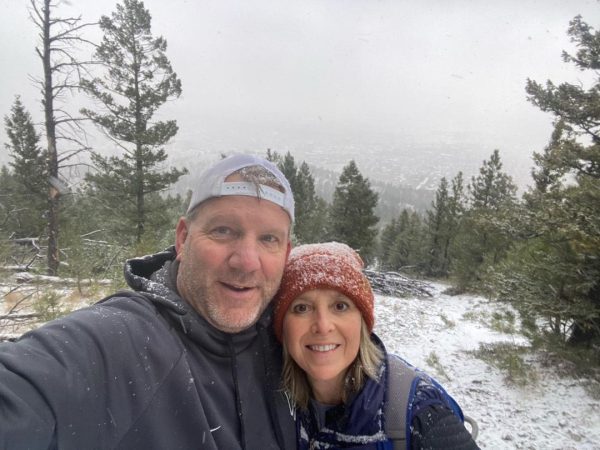Amazon Review Fraud
December 18, 2019
On Black Friday alone, Americans spent 4.2 billion dollars online, and controlling nearly 50 percent of the e-commerce market, Amazon likely made 2.1 billion dollars in just 24 hours. With this explosion of money and products traded, there is a huge risk of being scammed. and in a study of 2000 participants, three quarters of people “fully” or “somewhat” trust the reviews on what they are buying. That study showed that ninety percent of people read the reviews before they purchase, but millions of reviews online are fake, and that the products they advertise can be counterfeit, unregulated, and possibly even dangerous.
With the addition of 3 hundred thousand third-party sellers since 2015, review fraud immediately became a problem. Amazon didn’t ban incentivised reviews until a year later, and it is still done little to stop the thousands of forums, tutorials, and private Facebook groups rigging the game. Groups of sellers and people looking for free things exchange five star reviews for free products or even commissions. Thousands of knockoff and low quality products sport the “Amazon’s Choice” banner, winning the top place in the fight to be on the front page of the search, along with a shiny five star review from bots and paid off critics.
In February of this year, the Federal Trade Commission won the first case against fraudulent Amazon reviews, after a weight loss supplement was found to cause acute liver failure. The company Cure Encapsulations used a site called amazonverifiedreviews.com to keep the rating above 4.5 stars. In a statement by Andrew Smith, FTC’s director of consumer protection said to press on February 19th, “When a company buys fake reviews to inflate its Amazon ratings, it hurts both shoppers and companies.” An Amazon spokesperson responded by saying the company “invests significant resources to protect the reviews in our store.” Fake reviews have been around for years, with little care or action from the tech giant.
The founder of Fakespot, a fake review detection site, says, “The way Amazon presents reviews to you is a form of hypnosis, they put a glowing five star review right in your face, they program you to trust these stars.” Fakespot estimates the review fraud to make up 30 percent of all reviews, while Amazon stated that they make up “less than 1 percent.” There is a big incentive for Amazon to overlook these issues with third party sellers, as they collect a 15% cut from every product sold through their warehouses.
Both customers and sellers alike are frustrated with this. A seller on a seller’s forum said “People will only get burned so many times, once Amazon loses that trust, we will all need to look for a new marketplace.” While that may not be happening anytime soon, it is important to know what you are buying is safe and worth what you paid for. With more and more being sold online, from food to medical supplies, the public needs to know that the market is vastly unregulated.











